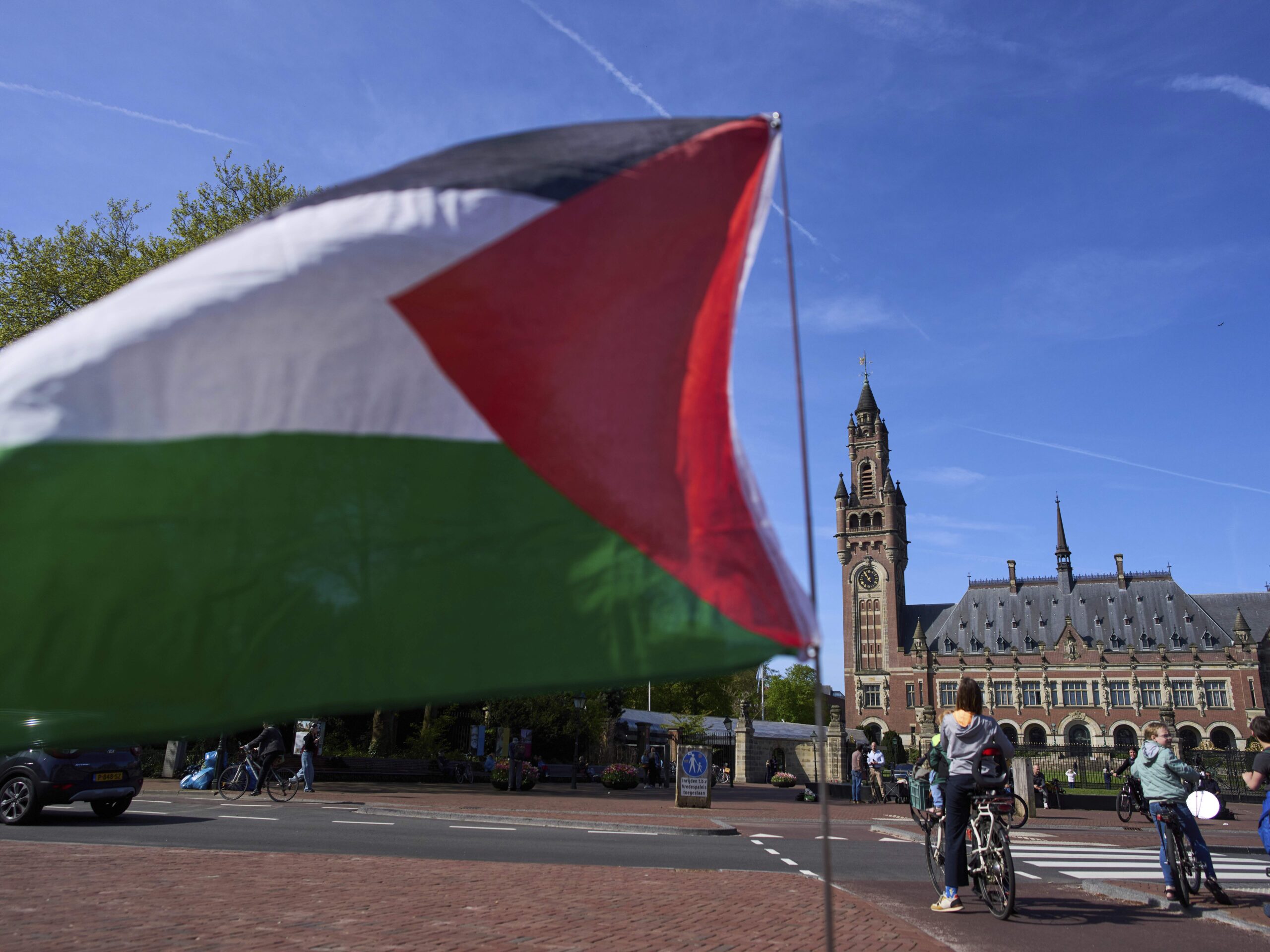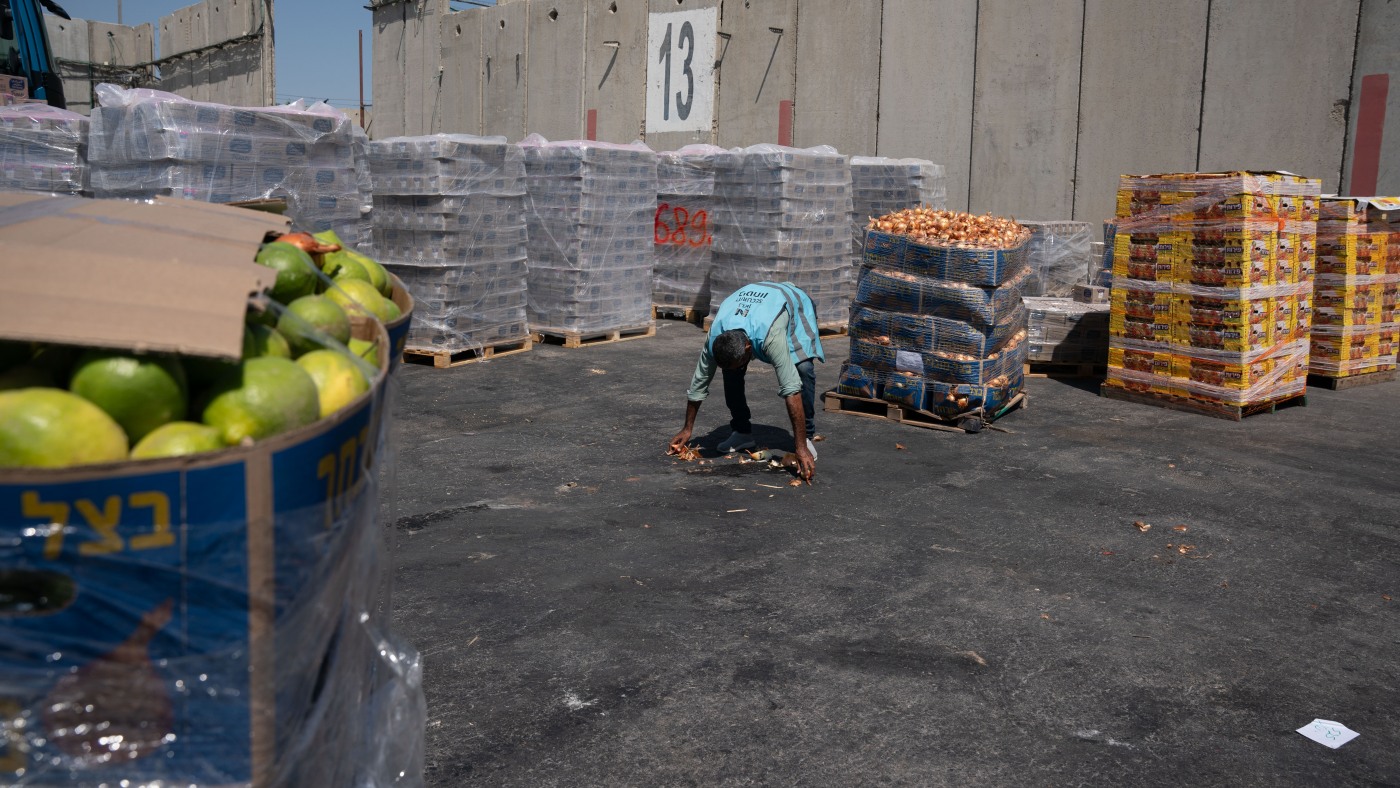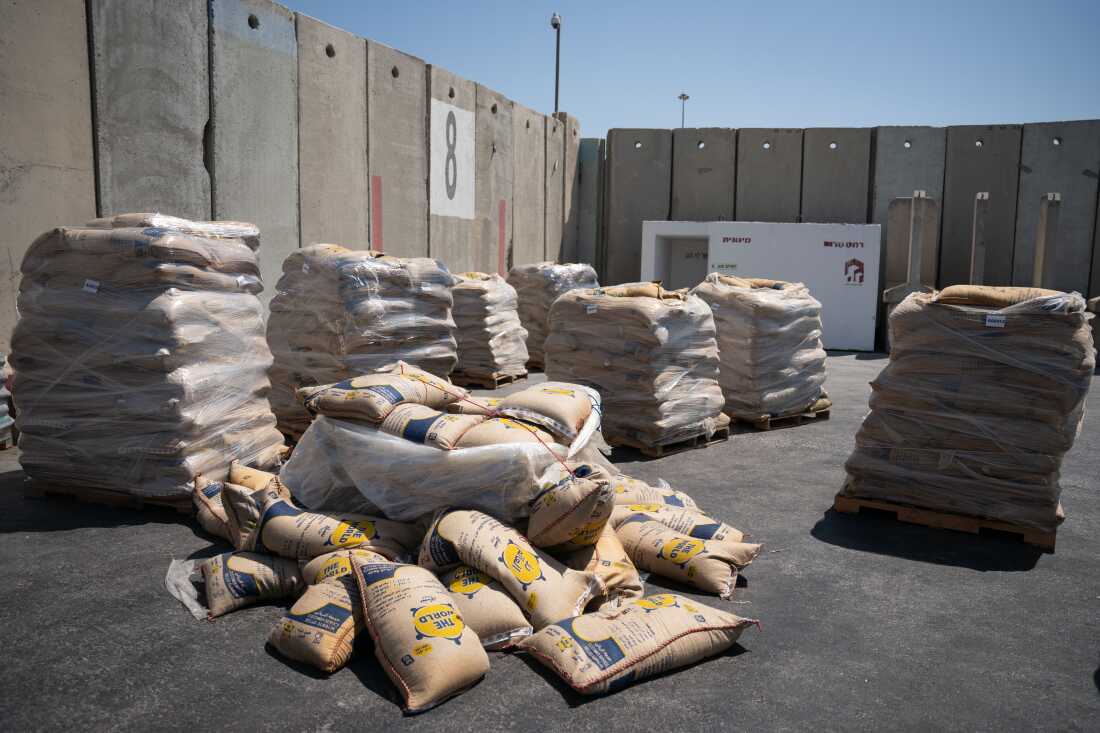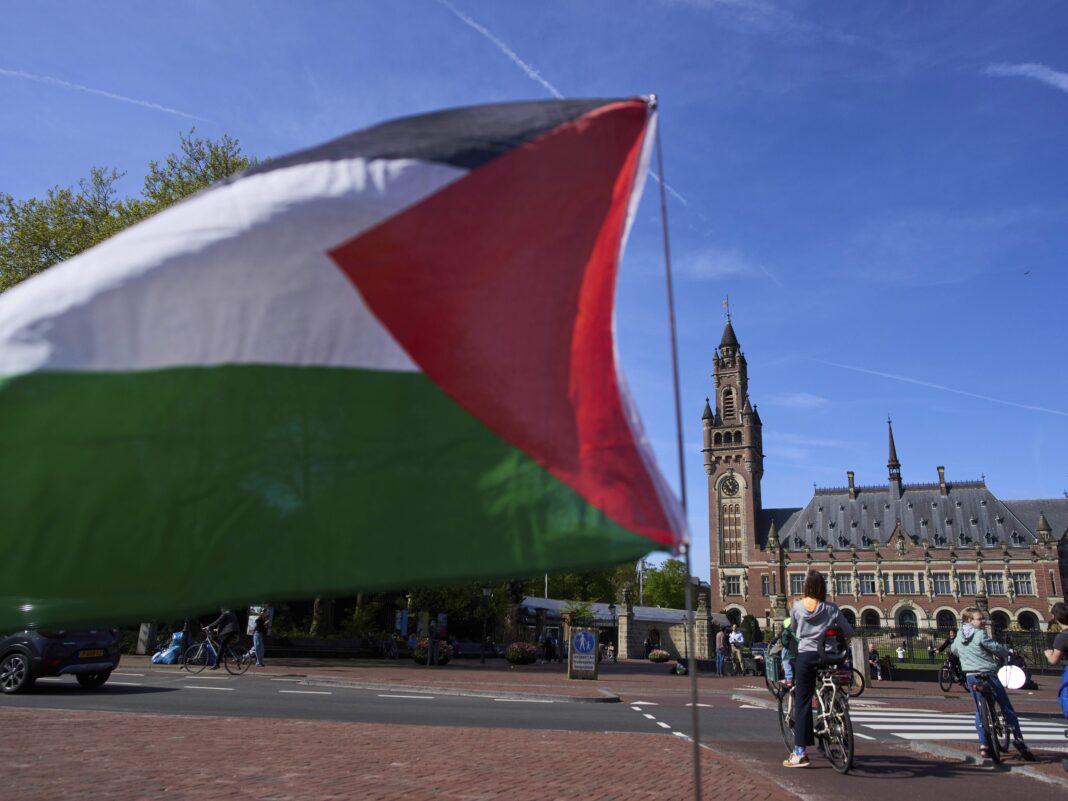“Diplomatic Showdown: U.S. and Israel Defy the International Community at the World Court”
In a move that has sparked widespread outrage and concern, the United States has announced its support for Israel’s ban on the United Nations Relief and Works Agency for Palestine Refugees (UNRWA) at the International Court of Justice. The decision, which has been met with fierce criticism from the global community, marks a new low in the already-tense relations between the U.S. and the Palestinian people. As the world watches with bated breath, the World Court is set to hear the case, which could have far-reaching implications for the future of Palestinian aid and the delicate balance of power in the Middle East.

The Aid Delivery Conundrum

As the humanitarian crisis in Gaza deepens, the issue of aid delivery has become a contentious point of debate. The United States has backed Israel’s ban on the UN’s Palestinian aid agency at the World Court, citing concerns over UN inefficiencies and security screenings. However, the UN and aid groups argue that Israel’s military operations and security measures are crippling their ability to deliver aid to those in need.

Israel’s Perspective
According to Israel, the UN Relief and Works Agency (UNRWA) is inefficient and has failed to address Israel’s security concerns. Israel alleges that 19 out of UNRWA’s approximately 13,000 staff in Gaza took part in Hamas’ attacks, and has banned the agency from operating on its territory. Israel suggests that other organizations could fulfill UNRWA’s mission, implying that the agency is not essential to the humanitarian effort.

The UN’s Response
The UN and aid groups argue that Israel’s military operations and security measures are the primary obstacles to delivering aid. They point to the severe shortages of fuel, looting by armed Palestinians, and the breakdown of public order and safety in Gaza as major barriers to aid delivery. The UN’s Office for the Coordination of Humanitarian Affairs has described the situation in Gaza as “largely reduced to sand and rubble, without a single structure left untouched.”
Aid Workers’ Experiences
Aid workers on the ground in Gaza paint a dire picture of lawlessness and danger. They describe the Gaza side of the Kerem Shalom border as reminiscent of the “Mad Max” movies, with trucks having metal grilles and screens to protect their windshields from attacks. Aid workers are responding, but what they can deliver falls far short of the needs, and they are calling for a safe and enabling environment inside Gaza.
Implications and Future Prospects
The humanitarian crisis in Gaza has far-reaching implications, and the political dimensions of the crisis cannot be overstated. The international community has a crucial role to play in resolving the crisis, and potential solutions will require addressing Israel’s security concerns while also ensuring the delivery of aid to those in need.
Analysis
The crisis in Gaza is a complex and multifaceted issue, with political, humanitarian, and security dimensions. The international community must take a holistic approach to addressing the crisis, recognizing the interplay between these different factors. The role of the international community will be crucial in resolving the crisis, and potential solutions will require cooperation and coordination between different actors.
The Need for a Safe and Enabling Environment
A safe and enabling environment is essential for the delivery of aid, and the international community has a critical role to play in creating the conditions for aid delivery. This will require addressing Israel’s security concerns, while also ensuring that aid reaches those in need. The international community must work to create a secure and stable environment in Gaza, and to support the efforts of aid workers and organizations on the ground.
Potential Solutions
Potential solutions to the crisis in Gaza will require a combination of political, humanitarian, and security measures. Alternatives to UNRWA, such as other aid agencies or organizations, may be necessary to address Israel’s security concerns. However, any solution must prioritize the delivery of aid to those in need, and ensure that the humanitarian effort is not compromised by political or security considerations.
Conclusion
Conclusion: The U.S. and Israel’s Collective Stance at the World Court – A Shift in the Palestinian Aid Landscape
In a recent move that has sent shockwaves through the international community, the United States has joined Israel in calling for the dissolution of the United Nations Relief and Works Agency for Palestine Refugees in the Near East (UNRWA) at the International Court of Justice. The article highlights key points, including the U.S. and Israel’s accusations of UNRWA’s alleged anti-Israel bias, the agency’s role in perpetuating the Palestinian refugee crisis, and the World Court’s review of the matter. Our analysis also delves into the implications of this move, including the devastating impact on millions of Palestinian refugees, the exacerbation of the Israeli-Palestinian conflict, and the erosion of trust in international institutions.
The significance of this development cannot be overstated. The UNRWA has been a cornerstone of international aid to Palestinian refugees for over seven decades, providing essential services such as education, healthcare, and food assistance. The agency’s dissolution would not only leave millions of Palestinians without a vital lifeline but also undermine the principle of humanitarian aid as a safeguard against human rights abuses. As the World Court weighs in on this matter, it is crucial that the international community remains vigilant and committed to upholding the rights and dignity of Palestinian refugees. The implications of this case will reverberate far beyond the confines of the Israeli-Palestinian conflict, shaping the future of international humanitarian law and the role of the World Court in protecting vulnerable populations.
As we move forward, it is imperative that we consider the long-term consequences of this decision. Will the dissolution of UNRWA lead to a humanitarian crisis, or will it be a stepping stone towards a more comprehensive solution to the Israeli-Palestinian conflict? The world watches with bated breath as the World Court deliberates, and we must remain steadfast in our commitment to upholding the principles of humanity, justice, and equality. The fate of millions of Palestinian refugees hangs in the balance – will we stand by and watch as their rights are eroded, or will we rise to the challenge and uphold the principles of international law?
